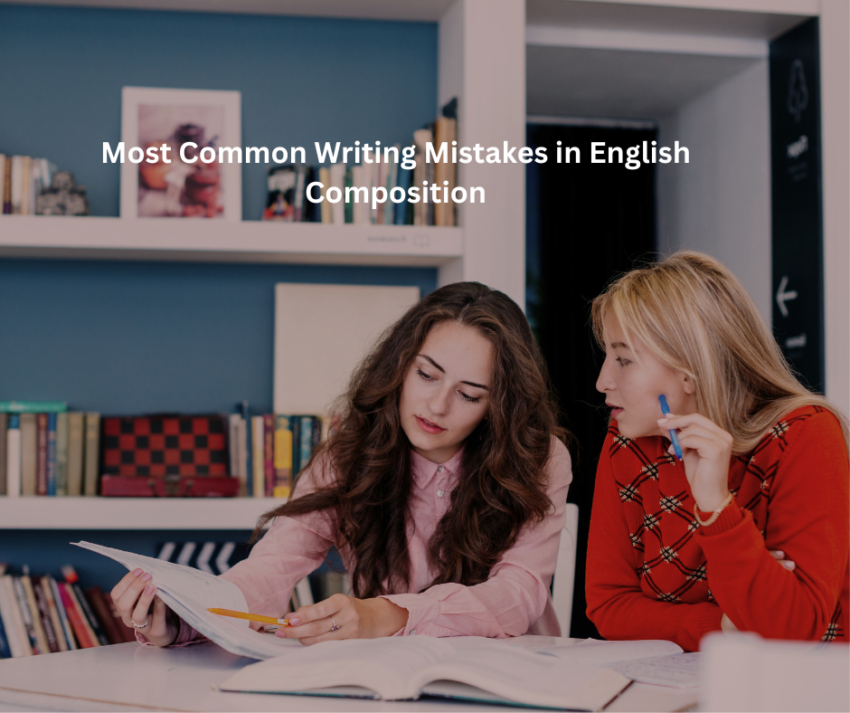INTRODUCTION
English is widely regarded as the world’s leading language. This language is taught to students in their schools. English is taught in the entire K12 as a fundamental subject that all students must study.
The importance of English is not confined to the classroom; it is also very useful in interviews. After completing their studies, every student must look for work. Any interviewer evaluates the interviewee based on numerous factors, the most important of which is English fluency, making English the hallmark for evaluation.
SIGNIFICANCE OF ENGLISH IN INTERNATIONAL AFFAIRS
English has become a medium for the exchange of ideas between countries all over the world, including Singapore. Foreign policy is continually attempting to persuade the world on any matter or problem of interest, and English is the language for the exchange of ideas and provides ease to those present.
HOW CAN ONE AVOID MISTAKES?
Regardless of how much someone studies English, without practice, mistakes happen constantly. As the saying goes, “Practice makes a man perfect,” this is implied in this context because practice is essential for anyone who wants to have a solid command of English.
Everyone makes mistakes, including basic ones. While practice can help to mitigate faults to a greater extent, some common errors cannot be corrected.
4 Common Mistakes that can be avoided are:
- Tenses
Most people tend to use the wrong tenses in sentences.
Ex. I will go to the bookshop yesterday
Correction. I will go to the bookshop tomorrow.
Explanation: In the example given above, the future tense, ‘will’, has been used for yesterday which is wrong.
- Usage of literally/figuratively
Literally and figuratively are the two terms which are a matter of confusion to most of the people.
Ex. He figuratively snatched the glass from my hand.
Correction. He literally snatched the glass from my hand.
Explanation: Literally means something that has actually happened, whereas, figuratively means something unreal, used to explain or exaggerate.
- Usage of For/Since
For and since are the two words used by people in an interchangeable manner;
Ex. I’ve been doing this ever since.
Correction. I’ve been doing this forever.
Explanation: in the example given above, the usage of since is done incorrectly because since is used where the time can be calculated, whereas, for is used where the time is non-calculus. Here the ever shows that the time is non-calculus, and therefore the word for should be in the usage.
- Punctuation
It is the most common grammatical mistake made by people.
Ex. Oh. What a beautiful painting it is.
Correction. Oh! What a beautiful painting it is.
Explanation: in the example given above, the usage of punctuation is incorrect, an exclamation mark is necessary to be used after words like, oh, awesome, alas, etc.
To steer clear of making such mistakes, enroll at 88tuition, the best English tuition in Singapore, which will help you get a command of the language and avoid making any mistakes. Contact us right now to join our English classes!
CONCLUSION
English is significant in Singapore, whether for international or domestic purposes. Because it is impossible for anyone to acquire all languages, the use of English becomes imperative. Practice ensures that stupid English blunders are avoided. To master English, avoid the four most typical foolish mistakes: tenses, the use of words like literally/figuratively, for/since, and punctuation.


